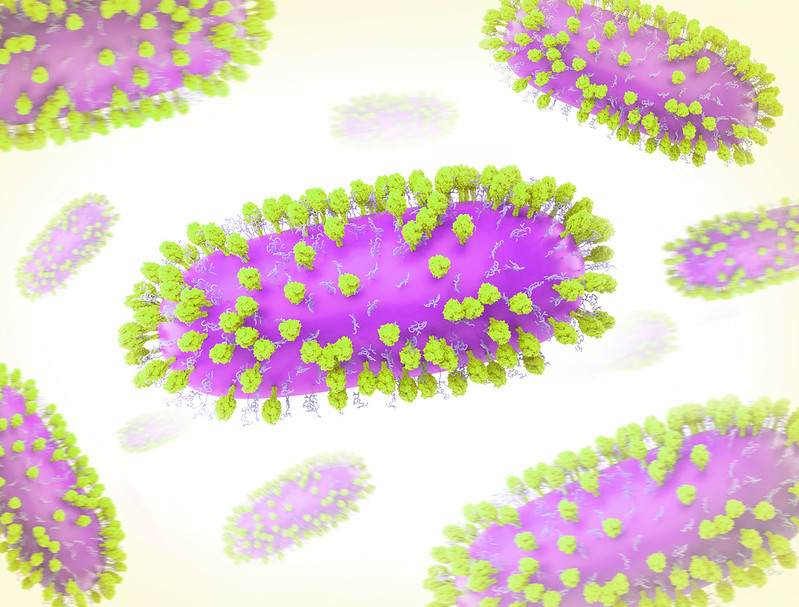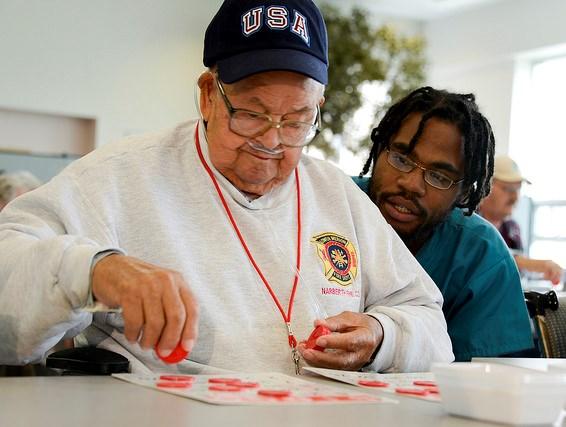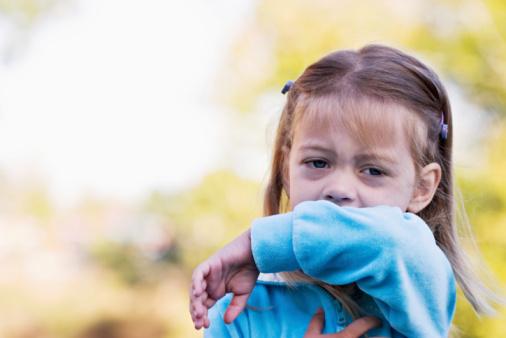
The New England Journal of Medicine has published results of a case-control study showing an estimated effectiveness of nirsevimab (Beyfortus) against hospitalization for respiratory syncytial virus (RSV)-associated bronchiolitis in babies of 83%.
Nirsevimab was approved by the US Food and Drug Administration in July 2023, and little real-world data on efficacy are available. The study aimed to establish efficacy rates during the most recent RSV season at six hospitals in France.
The study was based on outcomes among 1,035 infants, of whom 690 were case-patients. Case-patients were infants younger than 12 months of age who were hospitalized for RSV-associated bronchiolitis from October 15 to December 10, 2023. Controls were infants with clinical visits to the same hospitals for conditions unrelated to RSV infection.
Good protection against severe outcomes
Infants who had previously received palivizumab—another monoclonal antibody used for RSV—and those whose mother had been vaccinated against RSV during pregnancy were excluded from the study.
Overall, a nirsevimab injection had been received previously by 60 of 690 case-patients (8.7%) and by 97 of 345 (28.1%) matched control patients. The adjusted effectiveness of nirsevimab therapy against hospitalization for RSV-associated bronchiolitis was 83.0% (95% confidence interval [CI], 73.4% to 89.2%).
The effectiveness of nirsevimab therapy against RSV-associated bronchiolitis leading to pediatric intensive care unit admission was 69.6% (95% CI, 42.9% to 83.8%) and leading to ventilatory support was 67.2% (95% CI, 38.6% to 82.5%).
In a real-world setting, nirsevimab therapy was effective in reducing the risk of hospitalized RSV-associated bronchiolitis.
"In a real-world setting, nirsevimab therapy was effective in reducing the risk of hospitalized RSV-associated bronchiolitis," the authors concluded. "This level of effectiveness was consistent across age groups."
Note: This story was updated on July 15, 2024, to clarify that this is a case-control study, not a randomized controlled trial.














